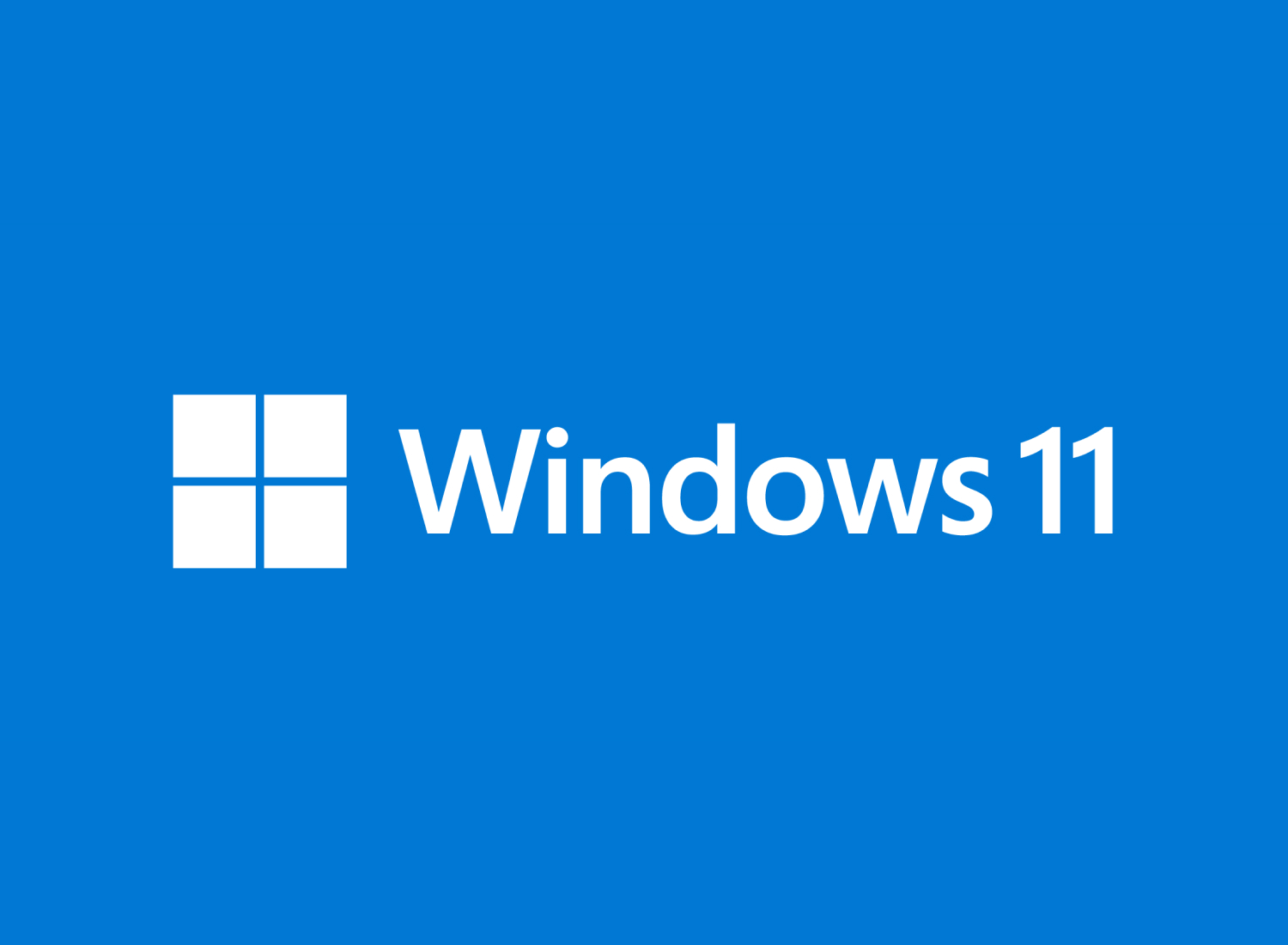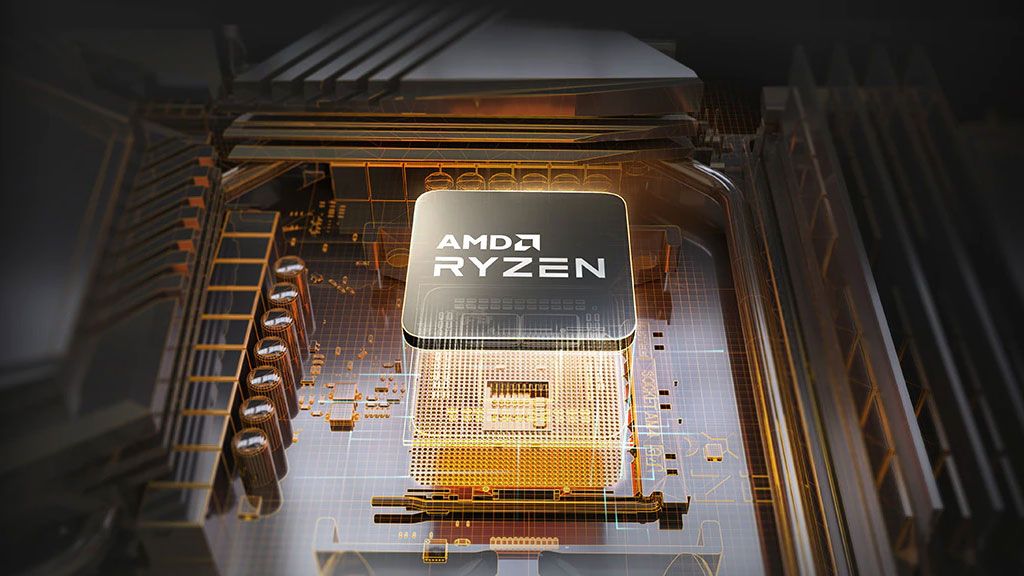- Joined
- May 22, 2015
- Messages
- 14,345 (3.95/day)
| Processor | Intel i5-12600k |
|---|---|
| Motherboard | Asus H670 TUF |
| Cooling | Arctic Freezer 34 |
| Memory | 2x16GB DDR4 3600 G.Skill Ripjaws V |
| Video Card(s) | EVGA GTX 1060 SC |
| Storage | 500GB Samsung 970 EVO, 500GB Samsung 850 EVO, 1TB Crucial MX300 and 2TB Crucial MX500 |
| Display(s) | Dell U3219Q + HP ZR24w |
| Case | Raijintek Thetis |
| Audio Device(s) | Audioquest Dragonfly Red :D |
| Power Supply | Seasonic 620W M12 |
| Mouse | Logitech G502 Proteus Core |
| Keyboard | G.Skill KM780R |
| Software | Arch Linux + Win10 |
I see. I was thinking Microsoft tried to put everything under the same umbrella and somehow messed up AMD support. But if support is still separated, it's really weird they messed it up. I mean, it was already done for Win10. Then again, I'm a software developer, this isn't the weirdest thing I have seen.Nope. This has nothing to do with Intel. AMD's CCX Complex/Infinity Fabric works in a way that is very different and unrelated to how Intels big/little scheme works. Each have CPU Kernel driver code and they are mutually exclusive.
The Kernel driver code for each CPU does not and can not interfere with the code of another.




